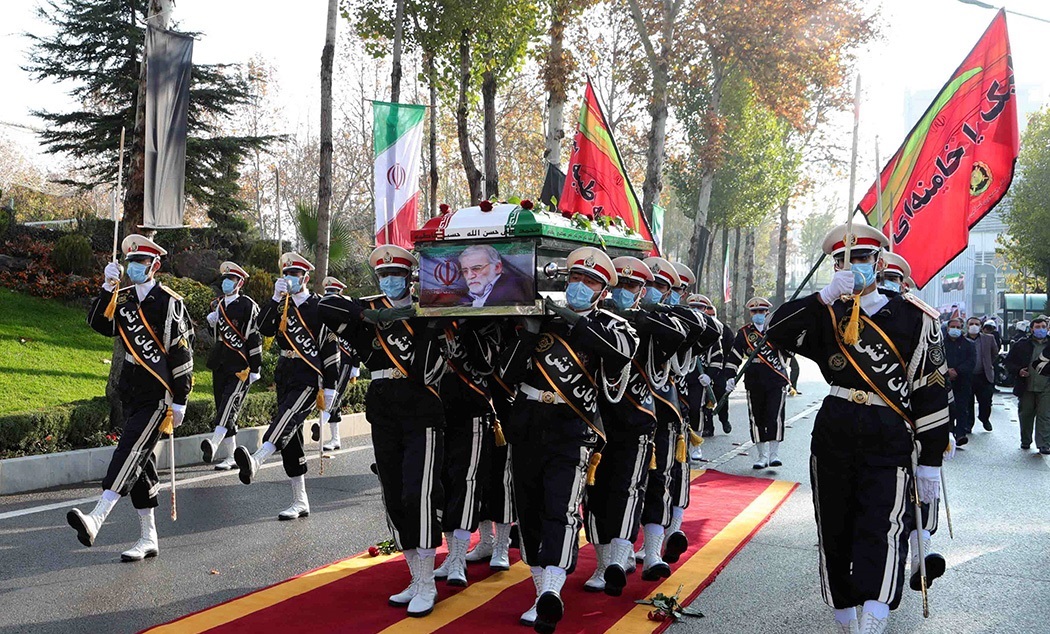Iran is reeling following the assassination of Mohsen Fakhrizadeh, one of the architects of its covert nuclear program. The audacious strike was a humiliating assault on Iran’s national pride, but not necessarily a crushing blow to its nuclear ambitions.
Fakhrizadeh, a physicist and brigadier general in the Islamic Revolutionary Guards Corps, was gunned down in broad daylight on November 27 as he was driven through the town of Absard, some 70 kilometres east of Tehran. The vehicle he was in was successively struck by a truck bomb and a hail of bullets.
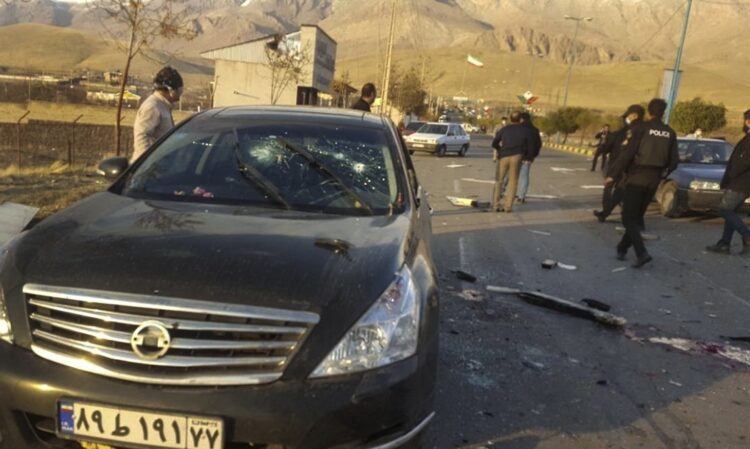
Contradictory reports emerged about the devastating attack, which could have been lifted from the script of a James Bond movie.
Initial accounts suggested that upwards of six operatives on the ground killed the Iranian scientist. But then Iran claimed that the entire operation was remotely controlled. A leading Iranian security official, Ali Shamkhani of the Supreme National Security Council, said it was “very complex, using electronic equipment, and no one was present at the scene.”
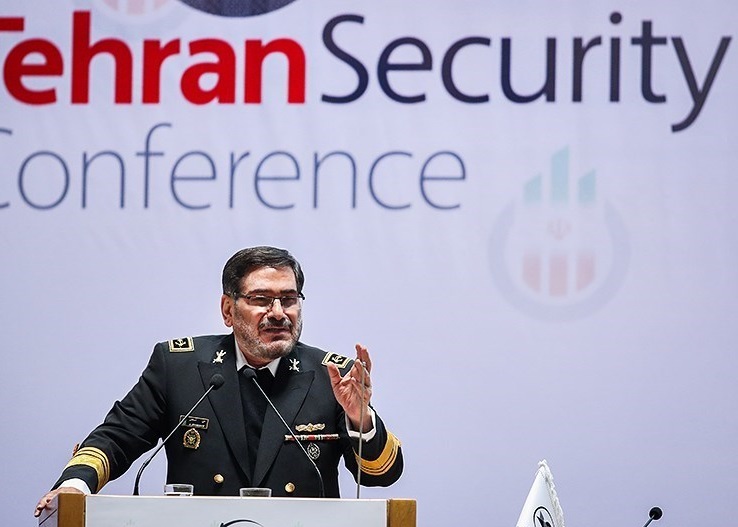
Iranian leaders, from President Hassan Rouhani to the chief of staff of the armed forces, General Mohammad Bagheri, immediately pointed a finger of blame at Israel, Iran’s arch enemy, but also suggested that an Iranian exile group opposed to the regime, People’s Mujahedeen, may have been involved. Condemning the killing as an act of terrorism, Iran vowed vengeance in due course.
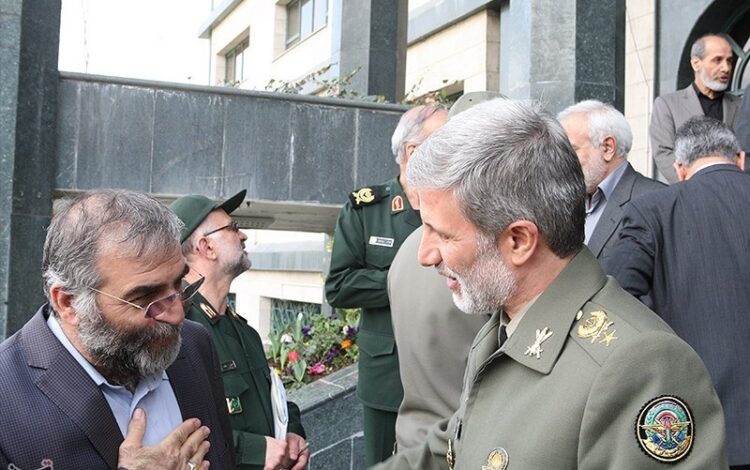
Iran has regarded Israel as a bitter adversary since the 1979 Islamic Revolution, which ousted the pro-Western Pahlavi monarchy. Iran has since called for Israel’s destruction and materially supported Syria, Hezbollah, Islamic Jihad and Hamas, four of its most formidable enemies. In the past few years, Israeli and Iranian forces have clashed in a shadow war over Iran’s attempts to establish a military front against Israel in Syria.
The Israeli government refrained from commenting on Fakhrizadeh’s death, but Israel considers Iran’s pursuit of nuclear weapons as an existential threat.
Two years ago, after a team of Mossad agents in Tehran made off with a warehouse full of incriminating documents relating to Iran’s nuclear program, Israeli Prime Minister Benjamin Netanyahu said that Fakhrizadeh was its director. “Remember that name, Fakhrizadeh,” he declared.
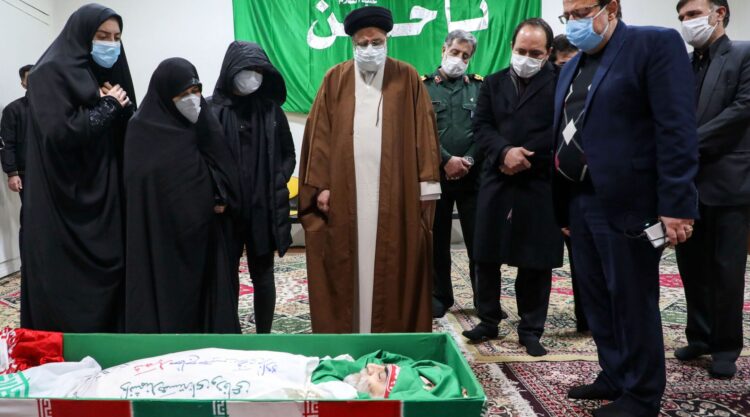
Contrary to claims by Israel, the United States, conservative Arab regimes and a host of European nations, Iran insists its nuclear ambitions are purely peaceful in nature. Its supreme leader, Ayatollah Ali Khamenei, has said that Iran’s acquisition of atomic weapons would contravene Islamic law, but few believe that the Iranian government’s only interest in nuclear energy is related to generating electricity.
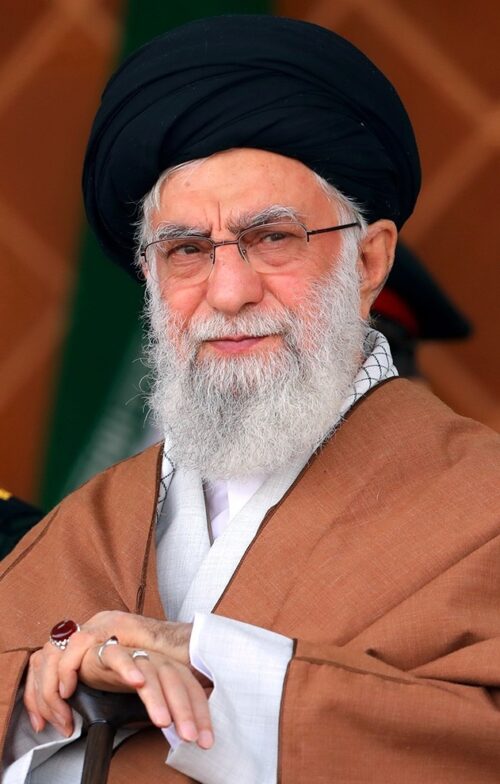
Israel, in all probability, planned and carried out the assassination. Apart from the United States, only Israel has the desire and the capability of sabotaging Iran’s march toward membership in the exclusive nuclear club.
Israel’s motives in eliminating Fakhrizadeh were clear — to thwart Iran’s nuclear program, which is already subject to international restrictions, and, perhaps, to complicate U.S. President-elect Joe Biden’s plan to rejoin the 2015 multilateral nuclear agreement. “There must be no return to the previous nuclear agreement,” Netanyahu said recently.
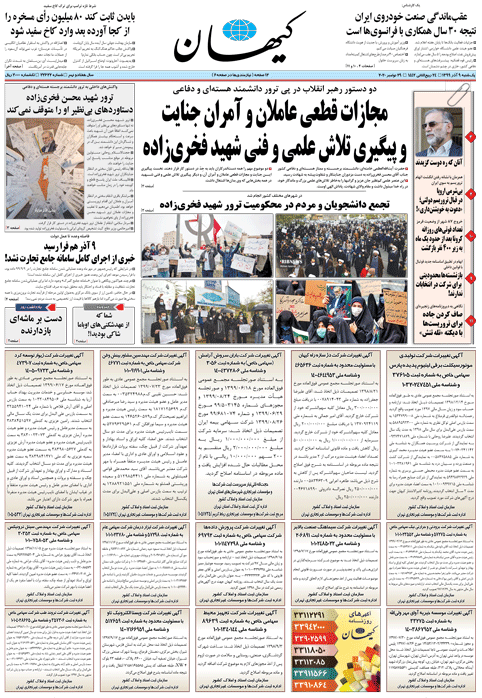
Known as the Joint Comprehensive Plan of Action (JCPA), it removed economic sanctions against Iran in exchange for several Iranian promises: to drastically limit its enrichment of uranium and production of plutonium, to ship the bulk of its uranium stockpile to Russia, and to submit to a regular regimen of inspections.
In the past decade, Israel is believed to have assassinated at least four Iranian nuclear scientists. They were killed in 2010, 2011 and 2012. And in a joint cyber operation, Olympic Games, which unfolded from 2007 to 2010, Israel and the United States temporarily halted 1,000 of 1,500 centrifuges at the Natanz research and development plant in Iran.
Last July, the facility in Natanz was damaged yet again by a mysterious explosion for which no one has taken responsibility.
These attacks have not deterred Iran, the leading Shi’a power in the Middle East. Indeed, they may have even emboldened Iran to upgrade its nuclear infrastructure.
Netanyahu, in 2012, seriously considered launching preemptive air strikes against Iranian nuclear facilities. The then defence minister, Ehud Barak, supported the plan, but the then chief of staff of the armed forces, General Benny Gantz, and the then director of the Mossad, Meir Dagan, objected.
To no one’s surprise, the United States maintained official silence in the wake of Fakhrizadeh’s killing. Since its unilateral withdrawal from the Joint Comprehensive Plan of Action two years ago, Washington has launched a campaign of “maximum pressure” designed to cripple Iran’s oil-based economy. In response, Iran began violating some of its provisions, such as increased its stockpile of low-enriched uranium.
The outgoing U.S. president, Donald Trump, is reported to have raised the possibility of striking Iran before he leaves office early next year. But advisors, including the chairman of the Joint Chiefs of Staff, General Mark Milley, argued against it, saying it could ignite a war in the Middle East, at a time when the Trump administration seeks to reduce its military footprint in the region.
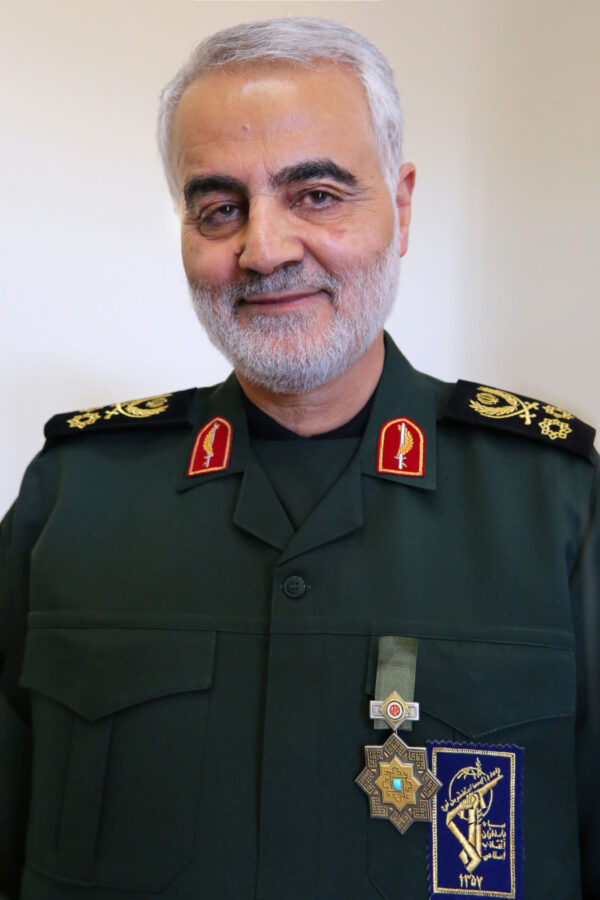
The Trump administration, however, took credit for assassinating General Qassim Suleimani, the commander of Iran’s Quds Force, an arm of the Islamic Revolutionary Guards Corps, in a drone strike in Baghdad’s international airport on January 3 of this year. Shortly after he was killed, Iran retaliated, bombing two U.S. military bases in neighboring Iraq which injured scores of American troops.
A legendary figure in Iran, Suleimani supervised Iranian military entrenchment efforts in Syria, a project Israel has attempted to eradicate in a concerted air campaign. He also oversaw contacts with Hezbollah in Lebanon, Islamic Jihad and Hamas in the Gaza Strip, and the Houthi rebels in Yemen.
Three weeks ago, Al Qaeda’s second-in-command, Abdullah Ahmed Abdullah, was reportedly killed by Israel in Tehran at the behest of the United States.
It would appear that Iran is helpless in the face of Israeli and American operations.
